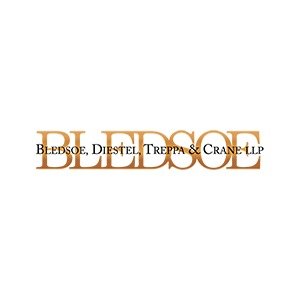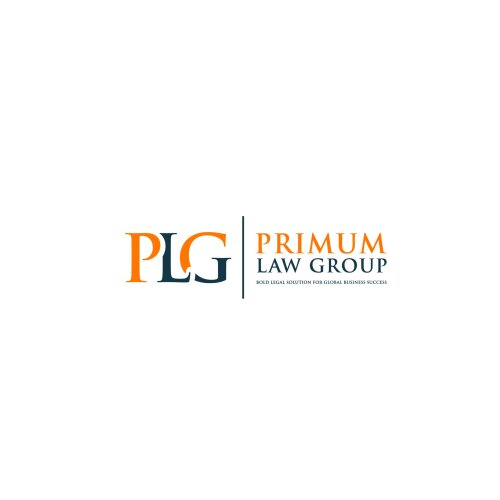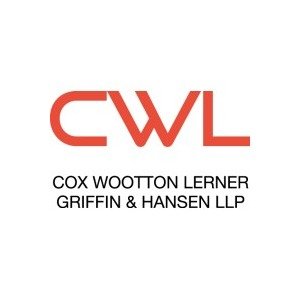Best Government Relations & Lobbying Lawyers in San Francisco
Share your needs with us, get contacted by law firms.
Free. Takes 2 min.
List of the best lawyers in San Francisco, United States
About Government Relations & Lobbying Law in San Francisco, United States
Government Relations and Lobbying encompass the legal practices of guiding and influencing governmental decision-making processes. In San Francisco, these activities are conducted with the aim of ensuring that businesses, nonprofits, and other entities effectively communicate their positions to policymakers and regulatory bodies. The city's diverse political landscape and its position as a major hub for innovation and business development make government relations a crucial element in shaping local policy and regulations.
Why You May Need a Lawyer
Individuals and organizations may require legal assistance in government relations and lobbying for a variety of reasons. Common situations include navigating complex regulatory frameworks, ensuring compliance with lobbying registration and disclosure requirements, effectively advocating for policy changes, and managing the legal implications of interactions with government officials. A knowledgeable lawyer can provide strategic advice, help in preparing necessary documentation, and represent clients before regulatory bodies.
Local Laws Overview
San Francisco has specific laws governing lobbying activities, which are designed to promote transparency and integrity in the interactions between private interests and public officials. Key aspects of these laws include requirements for lobbyist registration, disclosure of lobbying activities and expenditures, and restrictions on gifts to public officials. These regulations aim to ensure that lobbying efforts are conducted openly and with accountability, thereby maintaining public trust in the governmental process.
Frequently Asked Questions
What is considered lobbying under San Francisco law?
Lobbying in San Francisco involves efforts to influence city officers and employees with regard to legislative or administrative actions through direct communication.
Do I need to register as a lobbyist in San Francisco?
Yes, individuals or entities that engage in lobbying activities and meet specific thresholds for time or expenditure must register with the San Francisco Ethics Commission.
What are the penalties for failing to comply with lobbying laws?
Non-compliance with lobbying laws can result in fines, penalties, and potential legal action, impacting both professional reputation and financial standing.
Are there restrictions on gifts to local officials by lobbyists?
Yes, San Francisco imposes strict limits on gifts to city officials to prevent undue influence or the appearance of impropriety in governmental decisions.
How often must lobbyists report their activities?
Registered lobbyists are required to file periodic disclosure reports detailing their lobbying activities, expenditures, and related information.
Can nonprofits engage in lobbying activities in San Francisco?
Yes, nonprofits can lobby, but they must adhere to the same registration and reporting requirements as other entities if their activities meet the specified criteria.
What is the role of a government relations lawyer?
A government relations lawyer provides advice on regulatory compliance, strategic guidance on advocacy efforts, and representation in interactions with government entities.
How can individuals track lobbying activities in San Francisco?
The San Francisco Ethics Commission maintains a public database of registered lobbyists and their disclosure reports, which is accessible to anyone.
Are there training requirements for lobbyists?
While San Francisco does not mandate formal training, lobbyists are encouraged to understand the legal and ethical frameworks governing their activities.
What are the key ethical considerations for lobbyists?
Lobbyists must adhere to ethical standards that emphasize transparency, honesty, and integrity in their communications and activities with government officials.
Additional Resources
For additional guidance, the following resources can be invaluable:
- San Francisco Ethics Commission - Oversight body for lobbying activities.
- California Fair Political Practices Commission - Provides state-level regulatory information.
- Lobbying firms and legal consultants specializing in government relations.
- Local industry associations that advocate for policy changes in specific sectors.
Next Steps
If you find yourself in need of legal assistance with government relations and lobbying, consider the following steps:
- Identify and consult with a legal professional specializing in government relations and lobbying law in San Francisco.
- Conduct a thorough review of your current and planned activities to ensure compliance with relevant laws and regulations.
- Develop a comprehensive strategy for engaging with governmental entities, focusing on transparency and accountability.
- Utilize available resources, such as those provided by the San Francisco Ethics Commission, to stay informed and compliant with legal requirements.
Lawzana helps you find the best lawyers and law firms in San Francisco through a curated and pre-screened list of qualified legal professionals. Our platform offers rankings and detailed profiles of attorneys and law firms, allowing you to compare based on practice areas, including Government Relations & Lobbying, experience, and client feedback.
Each profile includes a description of the firm's areas of practice, client reviews, team members and partners, year of establishment, spoken languages, office locations, contact information, social media presence, and any published articles or resources. Most firms on our platform speak English and are experienced in both local and international legal matters.
Get a quote from top-rated law firms in San Francisco, United States — quickly, securely, and without unnecessary hassle.
Disclaimer:
The information provided on this page is for general informational purposes only and does not constitute legal advice. While we strive to ensure the accuracy and relevance of the content, legal information may change over time, and interpretations of the law can vary. You should always consult with a qualified legal professional for advice specific to your situation.
We disclaim all liability for actions taken or not taken based on the content of this page. If you believe any information is incorrect or outdated, please contact us, and we will review and update it where appropriate.

















